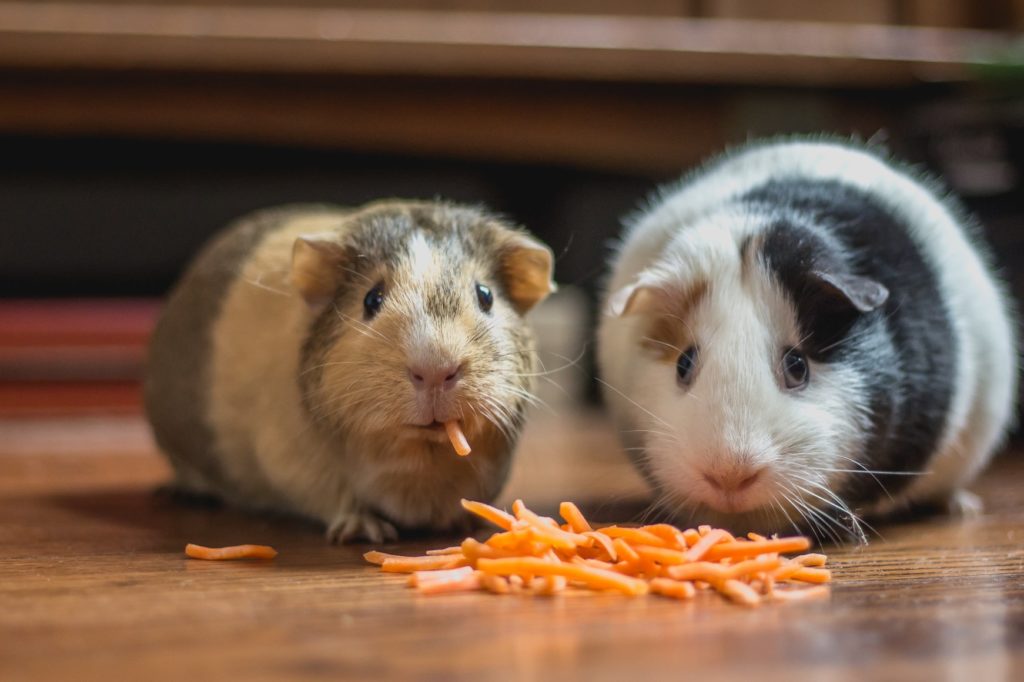Seeing pet owners on social media or out and about with their dogs make it seem like an easy life. However, having a pet requires a lot of commitment and work. There is a lot to consider and know before getting a pet.
So you’ve been thinking about getting a furry friend to love and keep you company everyday. Well, there is a lot that goes into having a pet and a lot to know before getting a pet. Owning a pet is rewarding, but it is important to remember that it is a huge responsibility. There is a lot that goes into having a pet that you may not be aware of.
10 Things You Need To Know Before Getting A Pet
Before you spend any money, there is a lot to know before getting a pet. Here are several things all prospective pet owners need to know before making the huge, lifelong commitment.
1. Pets Are For Life
Having a pet is a long-term commitment. In fact, it’s a life long commitment for the animal and depending on the animal, they could live a very long time. On average, dogs and cats can live from 10-15 years. Sometimes they can reach ages well above 20 years. Reptiles and birds can live even longer than that! When making the decision to get a pet, remember you will be feeding, paying for and taking care of this animal for a very long time. All animals deserve a good, fur-ever home. If you cannot devote your time to taking care of another living being, it’s best to reconsider getting a pet.
2. Pets Can Be Expensive
Pets are expensive. You’ll be buying food, vet care, grooming, toys and more for 10-20 years depending on the animal. Purchasing the animal is one thing, even if you adopt, it can still be several hundred dollars just to acquire the animal alone. Pet insurance can help cover emergency vet bills, but regular check ups are often biannual and can cost up to several hundred dollars. Additionally, food racks up. Most good quality dog foods are over $80 for a medium size bag, which lasts about 2-3 weeks. Some pets cost less than others, but it is important to really understand you financial condition before going forward.
3. The Time Commitment
Will your pet fit in with your lifestyle? All animals need attention and if you have a busy work and social life, it is important to consider how much time you have. Dogs and cats especially require lots of affection, exercise and interaction. Most dogs need at least 3 walks a day plus socialization and attention. Leaving a pet in solitude can lead to serious behavioral and mental health issues. Make sure your pet can be accommodated and welcomed into your lifestyle.
4. Buy Your Pet Gear In Advance
Let’s say you’ve considered the commitments and are up to the task. It is very helpful to buy your pet gear ahead of time. Once you bring the animal home they will have all their belongings ready to go. For example if you are getting a dog:
- Collar and Leash (collar needs two fingers of wiggle room)
- ID tag and Rabies tag
- Food and Water Bowls (steel, glass or ceramic are best)
- Comfy bed and Toys (rubber balls are best)
5. Do Plenty Of Research On The Breed or Species
Make sure you do plenty of research on the type of animal or breed. A German Shepherd is much different than a chihuahua. A bigger dog will need a lot of exercise and training, whereas a smaller dog can be easier to handle. Here is some research you should look into:
- Grooming and cleaning requirements
- Possible health issues
- Eating habits and food requirements
- Exercise, training and socializing requirements
Simply Googling what goes into caring for the type of animal you want can help a lot. Even try to get yourself into some online communities where you can ask questions to people who have first-hand experience.
6. Find A Good Local Vet
Finding a dog and cat vet might be easier than finding a reptile or bird veterinarian. These are the people you will be trusting your pet with if they get sick or injured. Make sure you find trustworthy, highly rated veterinarian in your area.
7. Training & Socialization
If you are thinking about getting a dog or cat, training and socialization is important. They need to behave at home, in public and around other people or animals. This can also be expensive. Most training classes come in packages that can cost several hundred dollars, even thousands in some cases. The most basic training, is potty training. Cats need to learn how to use the litter box while dogs need to learn to go outside. This is another time and cost investment for your pet. A dog that does not have proper obedience training can destroy your house and even harm other animals. Other pets like reptiles, hamsters or rabbits don’t require much training at all.
8. Insurance & Registration
Once you get a pet, getting insurance can be a life saver. This protects your pet from potential serious illness or injury and it protects your wallet from some pretty hefty vet bills. If you have a large pet, like a dog, most cities or towns require registration. Some animals even require a license. It is important to do your research based on the breed and area that you live in.
9. Allergies
Make sure you are not allergic to the animal you are considering. If you aren’t sure, spend time with friends who have the type of animal you want. Or go to an allergy clinic and get tested.
10. Be 100% Sure You Can Handle The Responsibility
Ok, you’ve done your homework and are ready to get your pet. This is the time to triple check whether or not you can handle the responsibility. There may be moments once you get your pet where you will want to give up and get rid of it. You must remind yourself everyday, pets are for life and you have to make it work. Think of them like family or a child, they require constant love and care regardless of how they behave sometimes. It’s up to you to make sure the have everything they need.

Don’t Shop, Adopt!
Lastly, avoid shopping at pet stores or even breeders. Many pet stores obtain their animals through mills. These mills are like factories where babies are born in filth or through incest. This can pose some serious health risks to your new pet. Additionally, avoiding breeders is also important. Some breeders do not practice safe techniques which can have life threatening consequences for your new pet.
Check out your local shelters and adoption agencies to find the perfect pet for you. Adopted or rescued pets will be forever grateful you chose them. Not only that, they will most likely have much better health than an animal purchased from a store or breeder.
